Adriana Cardona-Maguigad is a radio journalist originally from the country of Colombia. She was a co-founder of The Gate, a completely bilingual newspaper for and about Chicago’s Back of the Yards. It was then in her life that she said she fell in love with radio. It became her dream, just to get a job at a radio station. Cardona-Maguigad tried to do a few pieces in her office and eventually was offered a job with a Univision Chicago. She worked there for two years until she got a job with WBEZ, Chicago’s local NPR station. Recently Cardona-Maguigad has done work for “This American Life” and currently, she works for WEBZ Chicago’s hit show, Curious City.
This Q&A discussion has been edited for length and clarity
What was your first job in radio?
My first job in radio was as a community fellow for WBEZ and they taught me a lot. They took me in, and those nine months were incredible. It was like a dream come true. It was also nerve-wracking. If you think I have an accent now, my accent back then was off the hook and when I get nervous, it’s even stronger. It wasn’t easy, it was hard. I learned a lot there and then came back to the newspaper, still doing print, still doing the same old thing. That’s when I run into the story that I did for This American Life, about the Puerto Rican residents who were sent here to Chicago to kick off an addiction.
Is there any time that you were surprised by the feedback you got from listeners? Are you surprised by what comes up from those questions or suggestions?
I’m always surprised by people’s curiosity and the fact that they’re a part of the editorial process, like by telling us what they’re interested in hearing. To me, that’s interesting in itself. We’ve had so many questions about immigrants and refugees or about the environment. When you open it up for residents and listeners to tell us what they’re interested in, it just changes the dynamic of me coming to tell you “Here I think this story is interesting, I’m interested in it and I’m going to bring it to all of you.” It’s more so the listeners are telling us “this is what we want to hear about.” To be honest, sometimes stories can be very dense or have a lot of information and then some stories are lighter, and bring a much-needed, fresh view of something that’s happening that’s not painful or completely horrible. I think I am surprised by people’s curiosities, and by the fact that it comes from their own life experiences and journeys.
How do you keep going in a media landscape that many feel is divisive and depressing?
I don’t believe that no one’s listening to the radio or print’s going away. I honestly think that the media landscape is in a transformation, a huge transformation. A lot of people are trying to create new ways in which people consume the news. I do think that people will remain curious and are going to want to get that information. Where they’re getting it is the question. That’s why we make sure we talk to people, engage them and make them part of that storytelling and the news-making process because ultimately, they are also getting the news. So, to me, that is the challenge, it doesn’t put me down at all.

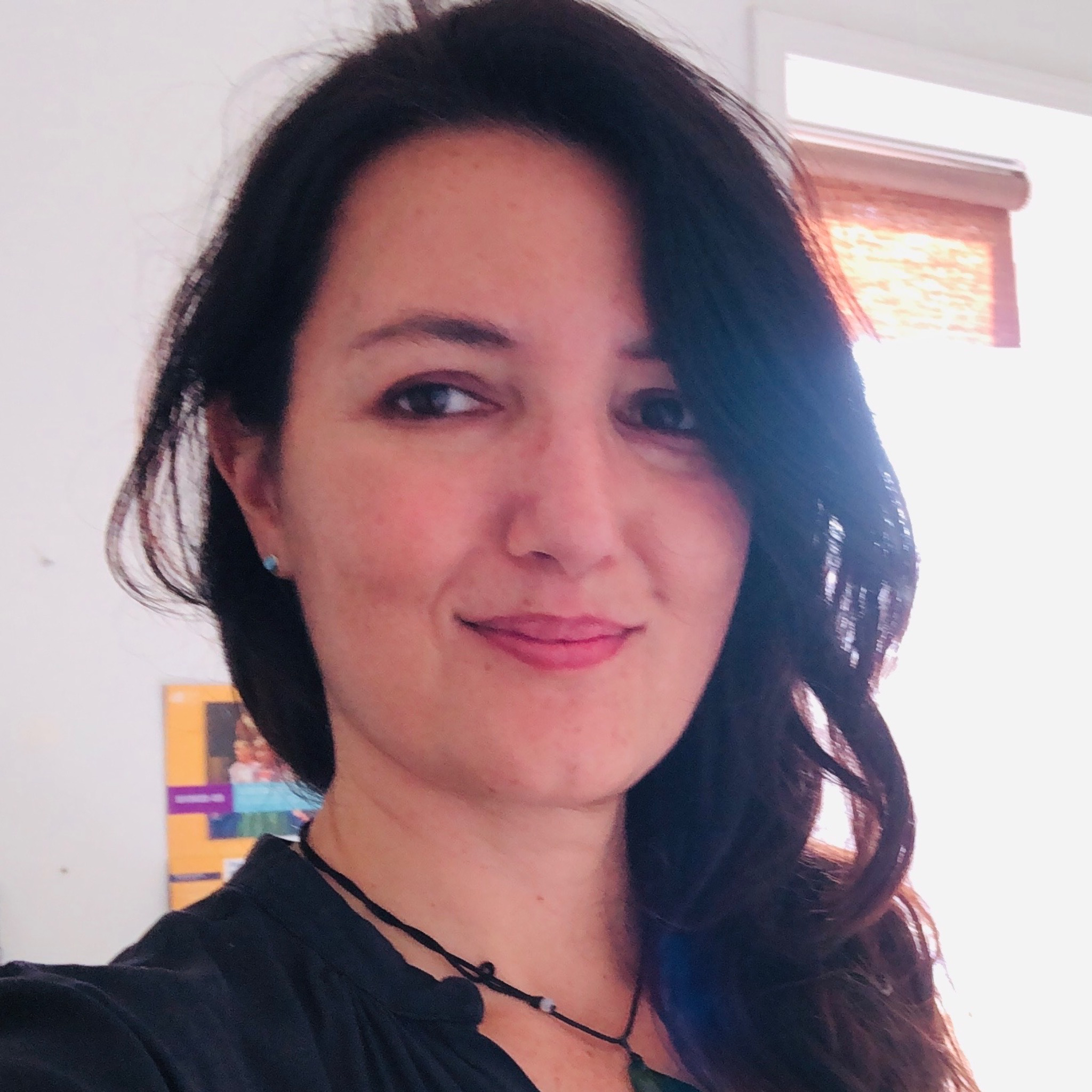
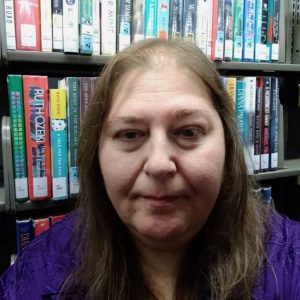
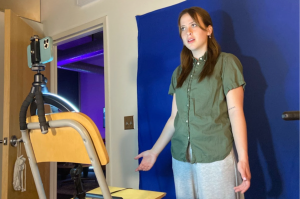
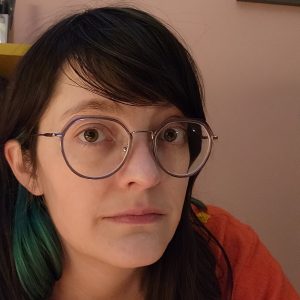
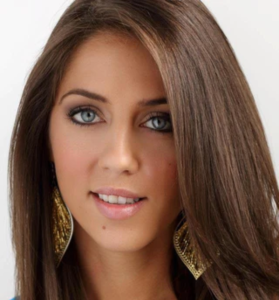
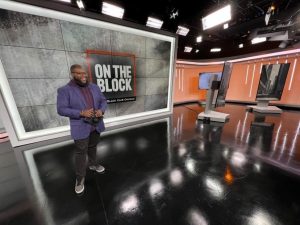
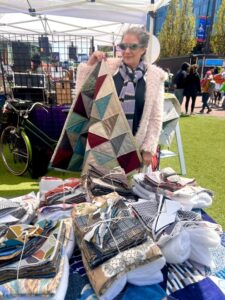
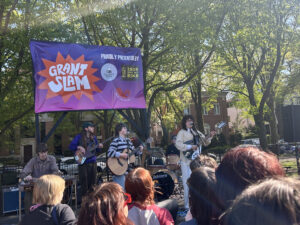
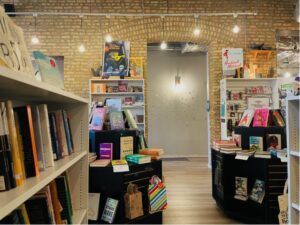

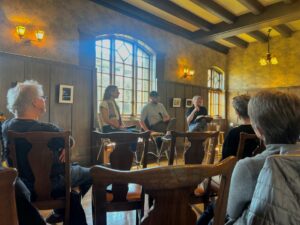





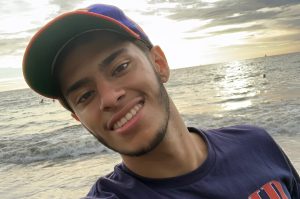
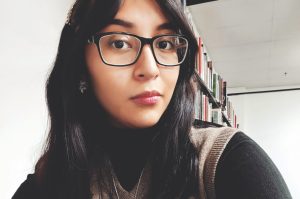
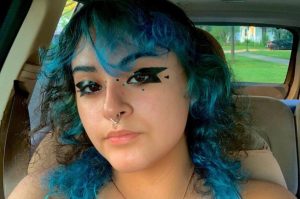
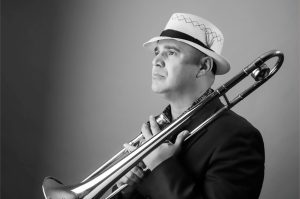
Be First to Comment